From Church Leaders
[Source: Rebecca Vander Meulen, Head of Mission, Diocese of Niassa, December 2010]
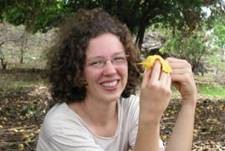
Today is the day when people around the world recognize our common daily work (which is – in a country where most families include someone living with HIV – our daily life). It is my eighth World AIDS Day in Mozambique, and I sense that in addition to being older and wiser, we’re also all getting a bit tired. We see that, as a country, we’ve made incredible progress (best encapsulated by the emergence of widespread access to testing and later to treatment). But our starting point was abysmally low: more than a million people living with HIV, with most not even knowing it. So, despite progress, we still have a really long way to go. The “low-lying fruit” has been picked, and now we’re in for a marathon.
Access to testing and treatment is still light-years away from being “universal,” but I’d venture a non-statistical guess that most of Mozambicans could at least get to a testing site within a day’s travel – and could theoretically get treatment just as easily. Access to treatment, however, assumes the motivation to do an HIV test; money and time for travel; a steady stock of HIV drugs at the level of the health post (which depends on a steady stock of HIV drugs at the district and provincial levels, as well); regular enough immune system monitoring for the person living with HIV to have actually begun treatment (treatment initiation does not normally coincide with a positive test result); thorough enough adherence counselling for the person living with HIV to know and actually believe that taking the ARV medication without fail over a lifetime is critical for drug effectiveness; and enough self-confidence to overcome the shame that still too commonly clings to HIV. Quite a few assumptions.
We celebrate that Amelia, now 12, is healthy enough (after several years on HIV medication) that she’s been able to come off of additional medications used to prevent opportunistic infections. Her own immune system is doing its job quite well! We celebrate that she’s comfortable enough with her HIV status that she comes to have blood work done with a group of friends.
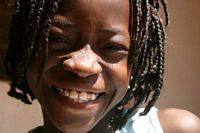
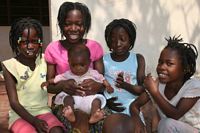
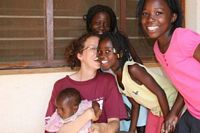
But we mourn that children born to ashamed HIV+ mothers – including one who died in my colleague’s arms last month – still do not live to speak their own names.
We celebrate new technology, which allows sophisticated lab analyses to be done using solar power in remote areas.
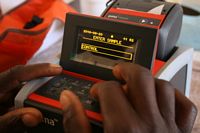
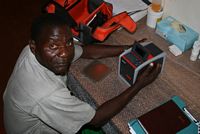
But we mourn stories that, in some areas, understanding and acceptance of HIV are still so fragile that basic HIV testing kits expire before being used, and that the health posts return their boxes of condoms, unopened and unwanted, to the provincial health department.
We celebrate Raquel, Melinda, Alberta, and India, just a few of many agents of community transformation.
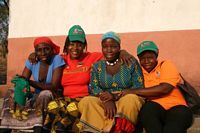
But we mourn the challenges that HIV has brought to each of them. One of them, having cared for several orphaned children for many years, has had to fight against strong protests from her husband to do so. One has lost her husband to death (presumably associated with AIDS), now lives with HIV, and is actively fighting for everyone in her community to get an HIV test. Another has had a marriage destroyed by HIV and related accusations, but now travels from community to community to make sure church women know how HIV is transmitted and how it can be prevented.
Many of our 4000 community volunteers gathered to celebrate and study today. But others – more practically and immediately concerned about having food to eat this year, and compelled by the season’s first solid rain last night – opted to spend the day preparing fields for planting.
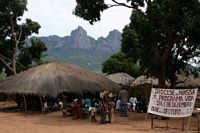
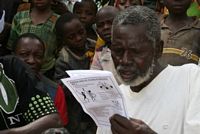
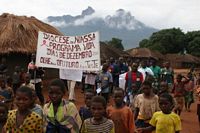
One of Mozambique’s national World AIDS Day mottos this year was “Look to the future. Get a test.” We mourn that in many parts of Mozambique, food is still a more tangible preoccupation than HIV.
Thank you for recognizing with us December 1 – a New Year’s Day of sorts for those of us whose lives are shaped by this little virus.
Things truly are changing. Passo a passo. Step by step.
Rebecca J. Vander Meulen
1 December 2010
Lichinga, Mozambique
Diocese of Niassa (Anglican Church)